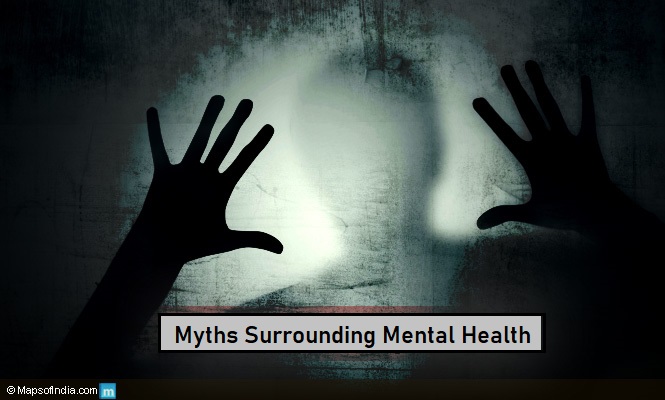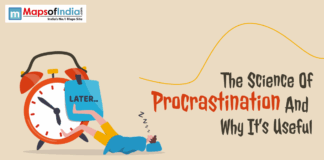Mental health is the overall emotional, social, and psychological well-being of a person. Our mental health affects our decisions, how we think, how we feel, how we act. An individual’s mental health influences their life from their childhood to their adulthood. Unfortunately, mental health is a stigmatised topic for many people in India. As a result, awareness regarding mental health is not accessible to everyone, and people with serious problems continue living without seeking help.
What causes mental health problems?
Many factors contribute to mental health throughout our life. Some major factors can be:
• Trauma or abuse can cause anxiety, PTSD, depression, among others.
• Genetic issues or hormonal imbalances.
Sadly there are a lot of stigmas that surround mental health. People look down upon help or do not take these problems seriously. ‘What you can not see, you can not believe ‘This attitude of people inhibits many from getting the medication and assistance they need.
Following are some Myths about mental health:
• Teenagers/ children cannot experience mental health issues
A major fault with our nation is looking down on anything teen. Whenever teenagers speak up about their problems or mental health, they get criticised over how they are ‘too young to know real stress’ or ‘haven’t experienced life’. Nobody is too young to have emotional trauma. A child abuse victim can show signs of trauma, depression anxiety from a very young age that goes well into adulthood if overlooked. The social environment in which a child grows up also plays a role.
• Mental health problems are uncommon
Mental health issues grip more and more people today than ever before 1 in 5 people in India have signs of one or more mental health disorders. Yet, there is an acute shortage of psychiatrists and psychologists in our country.
• People with mental health problems are sad and not trying to be happy
Mostly when people have spoken about their mental health struggles, they are met with well-wishing friends or relatives countering they should ‘stop thinking about such problems and focus on being happy ‘. Unfortunately, that is not how mental health works, people with a productive schedule who seem perfectly normal on the outside could be struggling at home with themselves. Our attitude towards them only detaches them from us and help.
• Mental health issues are made up by people who want attention
No one would willingly choose a physical health problem; in the same way, nobody wants to deal with mental health issues. With the amount of disapproval people get, there is no need to lie about their struggles just for attention.
• Therapy is useless
Every mental health issue has different needs and ways of resolving it. Medication is not the only possible way to recover, nor does it necessarily work for everyone. Mostly, the combined effects of medication and talking to a therapist can help achieve better results.
• You cannot cure a mental health disorder for life
With the progress modern medicine has made today, many people can be on medication for a short interval or regularly and never relapse. Medication and therapy will help you be able to live normal and healthy lives like anyone else.
Speaking about your mental health issue is the first step seeking help is a nudge in the right direction the best road to recovery is therapy and regular medication. Like any physical health issue, people can resolve mental health issues with time and proper guidance.





